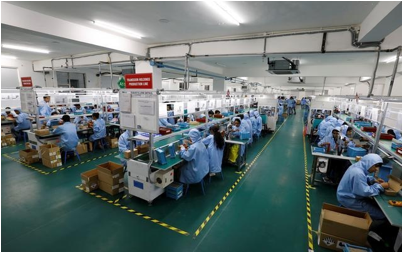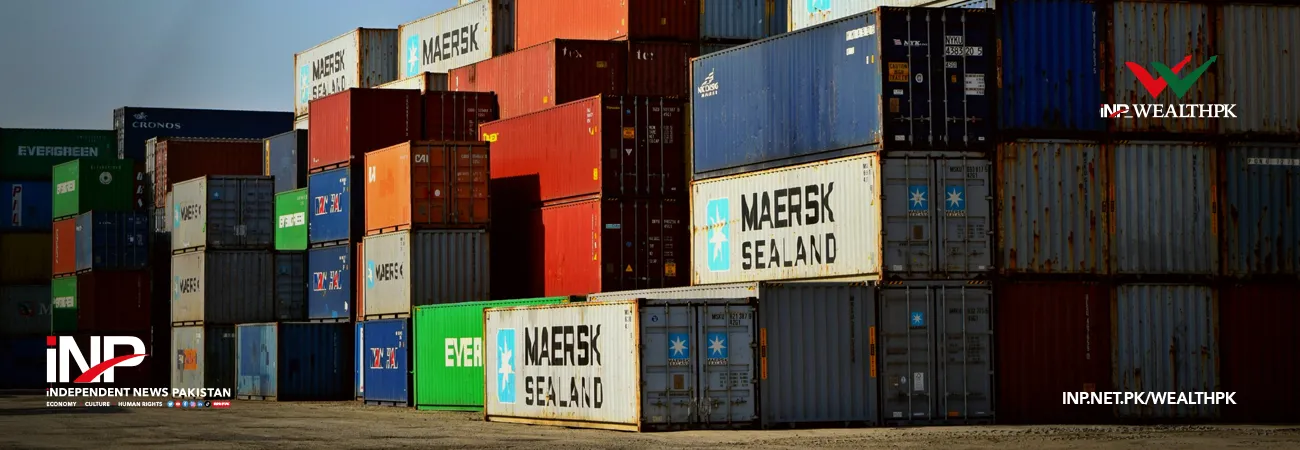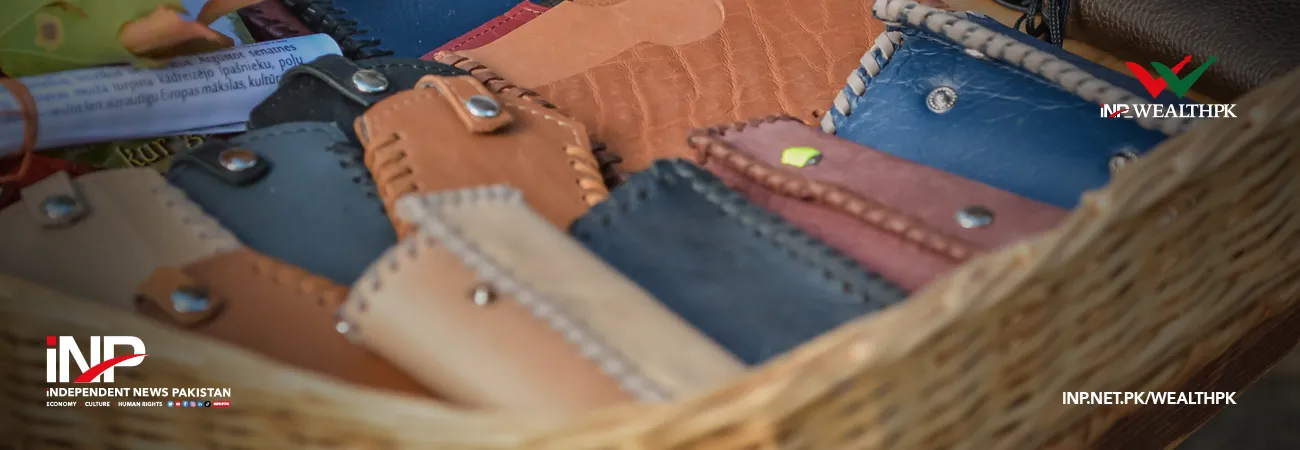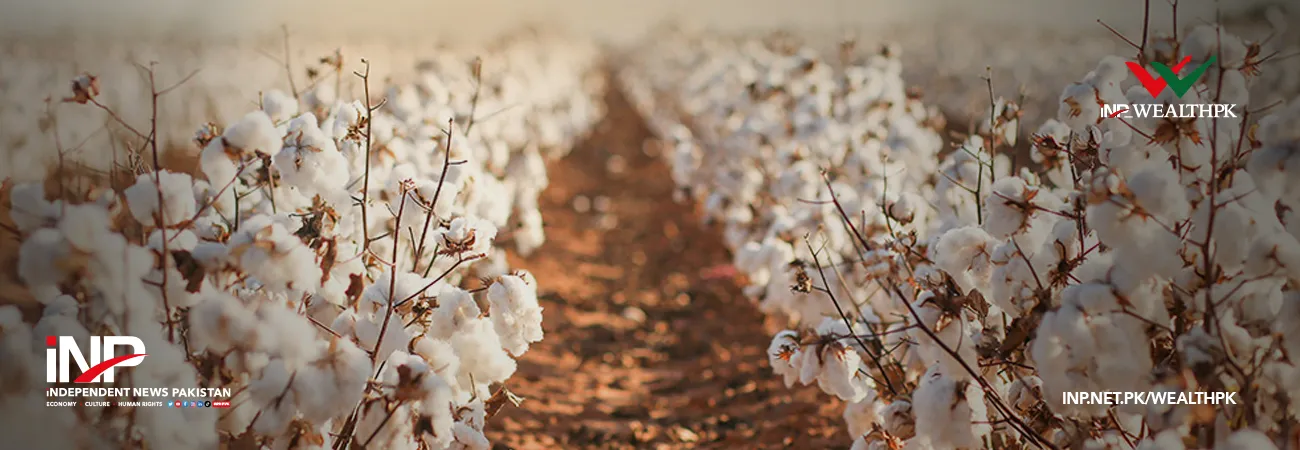آئی این پی ویلتھ پی کے
Ayesha Saba
With consistent policies, improved infrastructure, and active engagement with Chinese authorities, Pakistan can transform from a transit corridor into a key node in China’s global manufacturing network.

Chinese investment in Pakistan’s resources and industries can drive local development, enhance skills, and promote sustainable economic growth. Talking to WealthPK, Umar Khalid, Assistant Chief of the Industries & Commerce Section at the Ministry of Planning, Development and Special Initiatives, said that Pakistan's geographic location at the crossroads of South Asia, Central Asia, and the Middle East makes it an ideal candidate for becoming a regional production and logistics hub.
“China is seeking alternative destinations to relocate parts of its low-cost manufacturing, particularly in textiles, electronics assembly, and consumer goods. Pakistan must offer a conducive environment to attract this relocation,” he said. He emphasised that with labour costs rising in China and pressure mounting on Chinese firms to hedge against geopolitical risks, including tariffs and sanctions, relocating some manufacturing operations to Pakistan could prove economically viable for both sides.
Khalid said that Pakistan must take deliberate steps to incentivise Chinese manufacturers to set up assembly and production facilities within its borders. “This includes developing Special Economic Zones (SEZs) with tailored policy frameworks, extending tax incentives, ensuring a reliable energy supply, and streamlining customs procedures. Our SEZs under CPEC hold significant potential, but they need to be more agile and responsive to the needs of foreign investors,” noted Khalid.
He highlighted that delays in operationalising SEZs and bureaucratic red tape have dampened investor confidence, but swift reforms and public-private coordination can change this trajectory. Adding to its strategic value, Pakistan also boasts rich export potential through its vast natural resources, including mines and minerals, marble, gemstones, pink Himalayan salt, and a growing pharmaceutical sector. These resources, when properly processed and branded, can become competitive export products in global markets.
The planning ministry official emphasised that Chinese investors should consider investing not only in manufacturing but also in upgrading Pakistan’s industrial infrastructure. “This would include setting up modern processing units, research and development centres, and value-added industries aimed at producing export-quality goods.” “Such collaboration would not only boost exports but also provide technical training to the local workforce, thereby enhancing skills and generating employment opportunities,” he added.
“Collaborating through joint ventures, we can create a win-win framework for both sides. To further strengthen economic ties, both countries have agreed to enhance communication through delegation exchanges and virtual meetings. Plans are underway to organise trade exhibitions showcasing their respective products to promote deeper commercial engagement,” Khalid said.
Credit: INP-WealthPk











